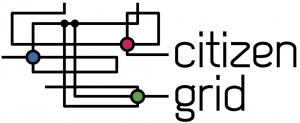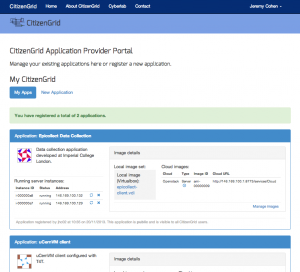The Citizen Cyberlab (The Lab) will research and evaluate on-line collaborative environments and software tools that stimulate creative learning in the context of Citizen Cyberscience. Beyond helping scientists execute laborious tasks, Citizen Cyberscience projects enable citizens to learn about science and take part in the more creative aspects of research. Little is known about the learning and creativity processes stimulated by such projects, even though millions of volunteers participate. Even less is known about how to optimize those processes.
What are the tasks?
The Lab will pioneer open source platforms and tools that enable and enhance learning and creativity in Citizen Cyberscience, using four pilot projects as testbeds, including a particle physics game by CERN, and collaborative disaster mapping by the UN Institute for Training and Research. Pioneers in extreme citizen science at University College London will develop a community learning pilot, leading proponents of open science at Université Paris Descartes will develop a hands-on crowdsourcing pilot in synthetic biology.
What does it enable?
Platforms and tools developed at Imperial College focus on virtualization of software and device-independent environments that enhance creative learning opportunities by reducing barriers to citizen participation. These pilots, platforms and tools will be evaluated by experts in educational technology and human-computer interaction at University of Geneva and UCL, with a focus on studying and evaluating learning processes and growth in creativity. This research will produce new understanding of creative learning behaviours, anchored in real-world examples of Citizen Cyberscience.
What is the mission?
The Lab emphasizes direct participation of citizens at all stages of evaluation and research, in particular via the successful ThinkCamp events developed by The Mobile Collective. Citizen Cyberlab results will be sustained and exploited beyond the project lifetime by the Citizen Cyberscience Centre based at CERN.
The EpiCollect project hosted on the CitizenGrid Platform

